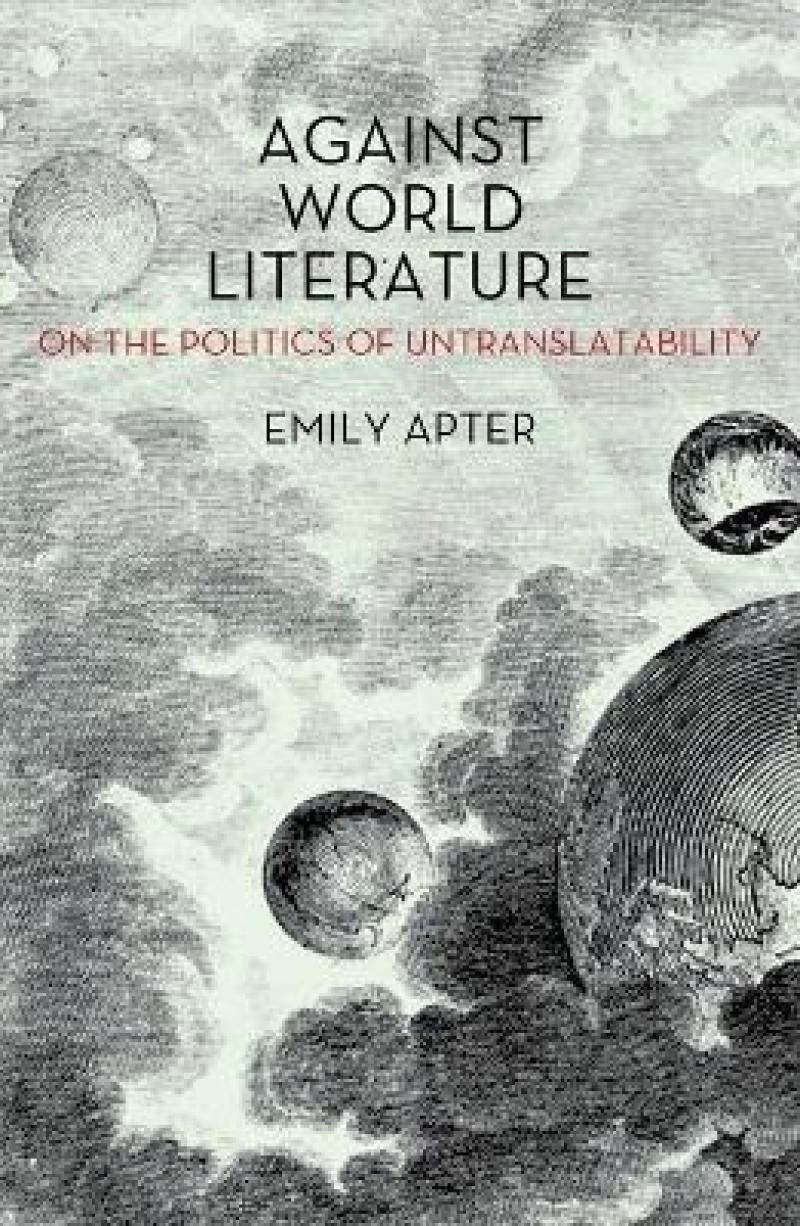Just following Emily Apter's dizzying array of texts from diverse traditions and times (including a tightly argued discussion of the philosophicality of Simone de Beauvoir, lost in translation to the best of US feminists), embracing much experimental material, all read with meticulous care, is an education. No one has thought the question of world literature in greater depth, at once re-thinking Comparative Literature as translatability studies.
- Gayatri Chakravorty Spivak,
Rarely does one read a book with the title <i>Against</i> that is so much <i>for</i> important causes and ideas: writing, translation, worldliness, diversity, cosmopolitanism, while fully aware of their promises and threats. In this moment of dispossession of the Humanities, we needed just that book to clarify matters and move beyond the contradictions.
- Étienne Balibar,
In the place of "World Literature"-a dominant paradigm in the humanities, one grounded in market-driven notions of readability and universal appeal-Apter proposes a plurality of "world literatures" oriented around philosophical concepts and geopolitical pressure points. The history and theory of the language that constructs World Literature is critically examined with a special focus on Weltliteratur, literary world systems, narrative ecosystems, language borders and checkpoints, theologies of translation, and planetary devolution in a book set to revolutionize the discipline of comparative literature.
